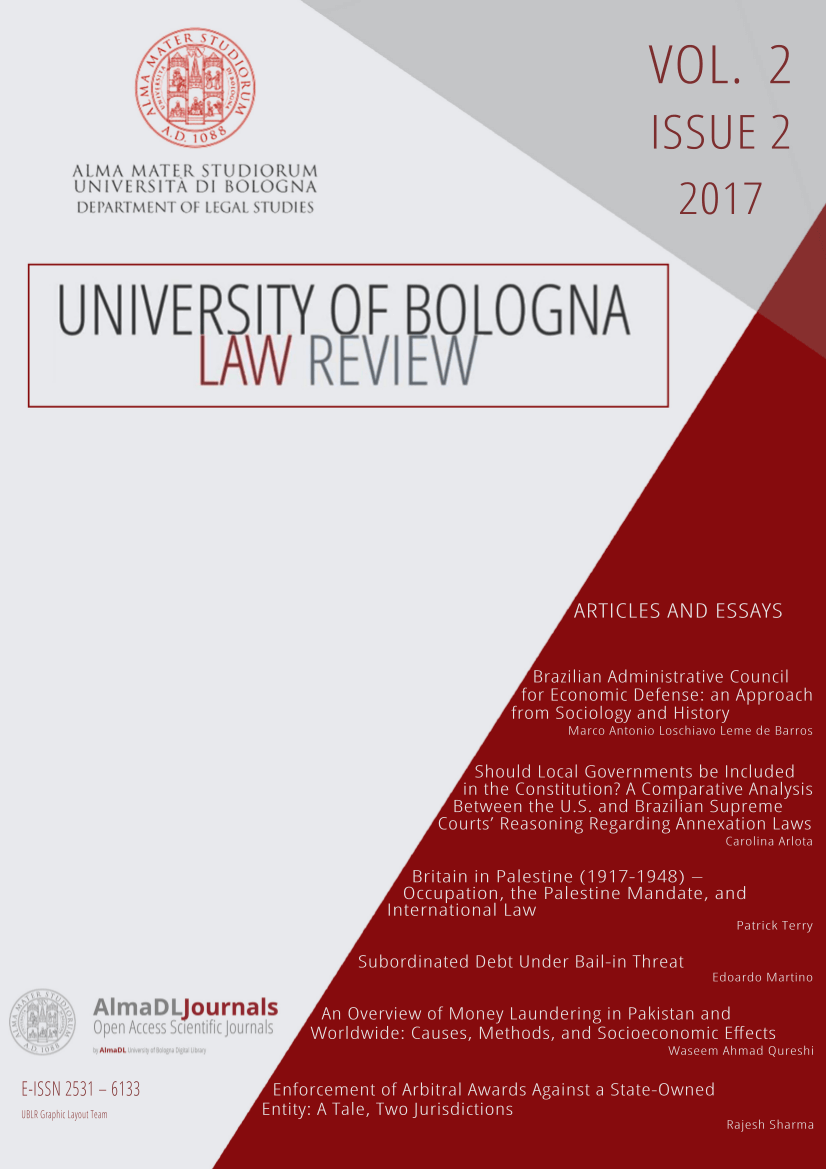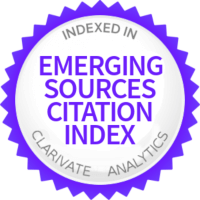Brazilian Administrative Council for Economic Defense: an Approach from Sociology and History
DOI:
https://doi.org/10.6092/issn.2531-6133/7361Keywords:
Brazilian Administrative Council for Economic Defense, C.A.D.E., Development, Institutional Learning, Institutional Influence, History, CompetitionAbstract
This paper is a sociological and historical analysis of the Brazilian Administrative Council for Economic Defense - C.A.D.E. The main objective is to indicate that C.A.D.E. has become a reference for the development of the Brazilian System of Competition Defense due to institutional factors. I argue that a fundamental process of strengthening C.A.D.E.’s power was the institutional learning process incorporated at the structural level, which allowed the agency the ability to review its positions and constantly rebuild its structures and functions during different moments in Brazilian antitrust history. Besides the institutional learning, C.A.D.E. was also subject to different institutional influences over the past decades. A decisive moment was the 1990s when a national privatization program was carried out and the competitive protection system was articulated with regulated sectors and policies in Brazil. An important framework to understand these transformations are the systemic sociology of organizations and legal developmentalist literature. Both approaches – with different backgrounds – help to clarify that many institutions are derivative from previous ones, and that they are also embedded in certain operations related with society. In C.A.D.E.’s case, Brazil’s judiciary and executive branch played an important role in shaping the agency divisions and functions. The paper underscores four different moments of the agency: the Malaia law C.A.D.E.; the 1962 C.A.D.E. – a collegiate agency of the ministry of justice; the 1994 C.A.D.E. – an autonomous federal agency – and the new C.A.D.E. per the Antitrust Act. Finally, C.A.D.E.’s case confirms that the existence of previous institutions has become an indispensable assumption for their development in light of a continuous institutional learning process.Downloads
Download data is not yet available.
Downloads
Published
2017-11-22
How to Cite
Loschiavo Leme de Barros, M. A. (2017). Brazilian Administrative Council for Economic Defense: an Approach from Sociology and History. University of Bologna Law Review, 2(2), 114–148. https://doi.org/10.6092/issn.2531-6133/7361
Issue
Section
Articles & Essays
License
Copyright (c) 2017 Marco Antonio Loschiavo Leme de Barros
The copyright of all the manuscripts on this journal belongs to the respective authors.
This journal is licensed under a Creative Commons Attribution 4.0 International License (full legal code).
See also our Open Access Policy.












